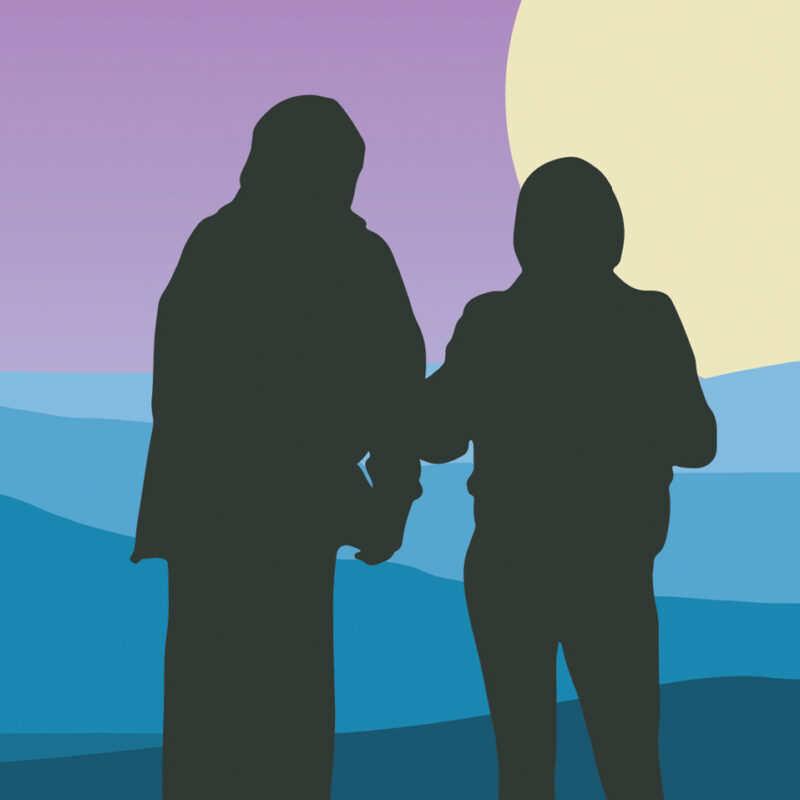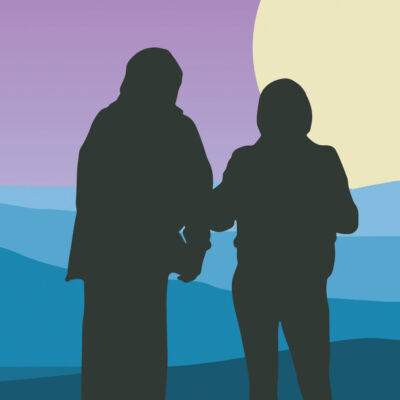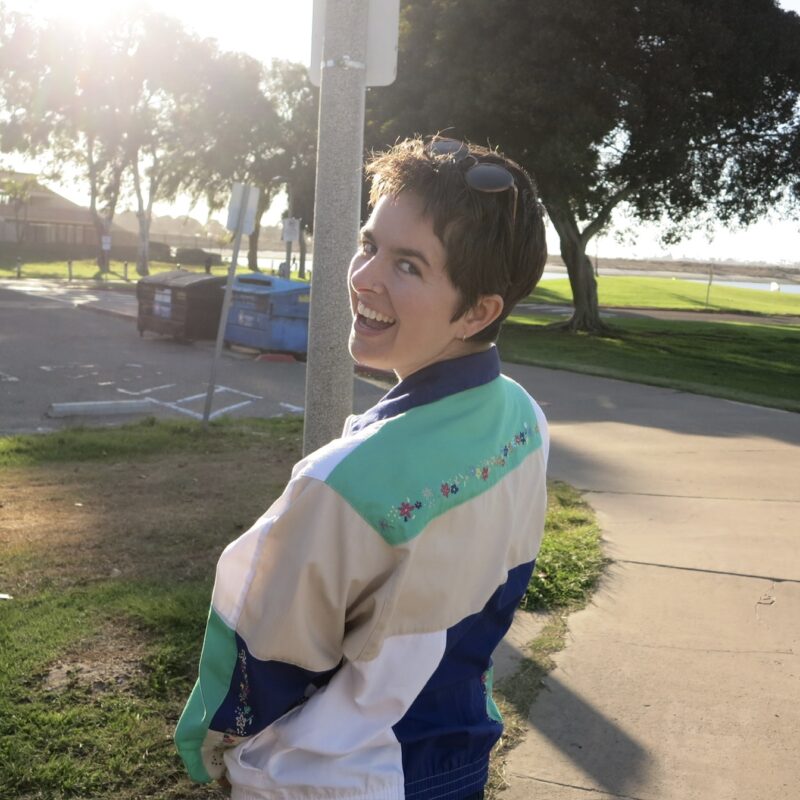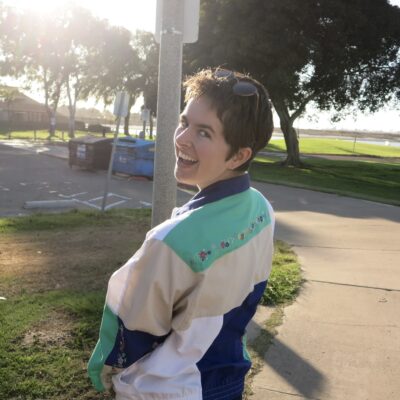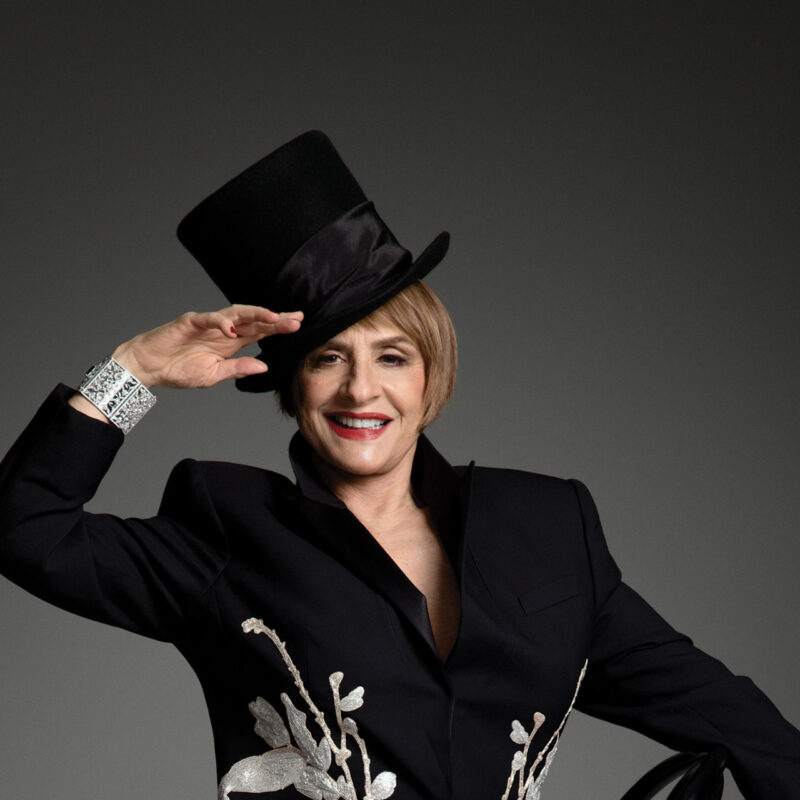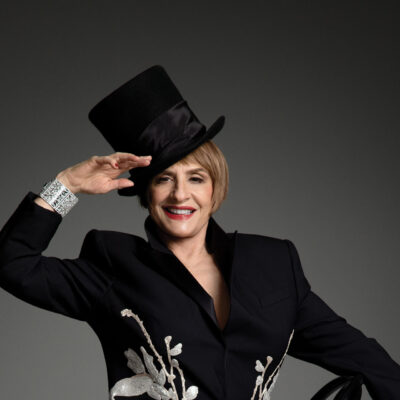In 2016, Leslie Odom, Jr. found himself at the center of a cultural moment as Aaron Burr in the original Broadway cast of Hamilton. Lin-Manuel Miranda’s hip-hop-meets-history musical had broken box office records, won the Pulitzer Prize for Drama, and saw Odom, Jr. beat out Miranda for best actor in a musical at the Tony Awards that year. It was a dramatic turn for an actor who had just about given up. Odom, Jr. writes about his career and self-realization in his book, Failing Up: How to Take Risks, Aim Higher, and Never Stop Learning. He returns to Charlottesville (he was here in 2017 to celebrate UVA’s Bicentennial), to check in on community healing and discuss his approach to success as the 2019 UVA President’s Speaker for the Arts on Saturday.
C-VILLE: What brings you back to Charlottesville?
Leslie Odom, Jr.: I am super interested in how this community continues to heal and define itself. I’m interested in the check-in, to be honest. I know I’m coming for a talk-back, speaker series but I’m way more interested in listening than I am in talking.
Like the rest of the country I watched how racism and hate descended on [Charlottesville] as it was broadcast around the world. Then I watched the city really stand up and say, “You don’t get to define us. That’s not who we are and we beat that back. We beat that hatred back.” I was really so impressed at the bicentennial. I jumped at the chance to come back and see how this community is healing and how it continues to define itself.
Was that your first time in Charlottesville?
It really was. My association with [Hamilton] makes the university of interest because of the Jefferson connection. I had said yes almost a year prior…I was booked long before A12.
How do you feel about Hamilton’s historical figures now?
I was asked a really interesting question by this kid who was writing a paper. And she said that she and her friends have surmised that Hamilton the show is not revolutionary in any way. It’s actually a bunch of people of color not telling their own stories. They are actually playing white people and cleaning up the images of these guys, awful men, and there’s nothing revolutionary about it. And what did I think about that.
I said, well, it’s a fair assessment. There would be people who would disagree with you, probably millions of people. The show is very popular, very successful.
But, you know…that point is…what are you gonna write? I’m certain there is some kid in this generation right now…who is going to make Hamilton look antiquated. There’s gonna be some kid that has an answer to what Lin made, what we all tried to make.
What we all tried to do, for better or worse, is an exercise in empathy. It was a chance for us to bring some men and women close to us. Closer than they’ve ever been before. That’s an exercise that’s always helpful, and always brings about healing. I hope one day the exercise goes the other way.
Going into the role did you have any reservations about being involved in the project?
No. God, no. I had heard the music. And it’s very, very rare that you get the opportunity to be a part of a masterpiece at its inception. I had no questions about how I felt about it.
Was there a feeling that Hamilton was going to be a masterpiece?
All you have is a gut feeling about it. None of us could know that people would receive it in the way that they have. But I knew how I felt about it, if that makes sense. I knew I was looking at a piece of work that comes along maybe once in a lifetime. I hoped that people would like it as much as I did, but couldn’t be sure if they would.
Besides professional success, how did Hamilton change you?
It made me a better friend, a better husband, a better man. I wish it for everyone. We stood inside a moment and were as good as we’ve ever been and maybe as great as we’ll ever be. When you experience that, it changes you in untold ways.
Your book is called Failing Up. How have you failed?
What I really talk about in the book and hope people take away is the willingness to fail. Whenever I’ve been willing to fail—a handful of times, not a bunch—but whenever I’ve been willing to fail and fall on my face spectacularly, it actually never did lead to failure. That’s what the fear was. It was, I’m gonna look like a fool, I’m gonna fail and everyone is gonna see it and laugh at me.
That was Hamilton! That show—a hip-hop musical about the founding fathers—there’s a lot of ways that show could have failed, and didn’t. It’s really about that. I’m trying to encourage people to be bold, be risky, and take chances.
What advice did you get that gives you confidence to take risks?
Meeting with a mentor when I was wanting to quit and do something else with my life. He looked at me and said, that’s fine…but I’d love to see you try first…And this is after a decade of pretty steady work, you know, I was doing okay.
He said I think you are sitting at home and waiting for the phone to ring. And when the phone rings, you do great. But the phone didn’t ring today, so what did you do in the absence of a ringing phone. Did you call anybody? Did you email anybody? Did you write anything? Did you ready anything? Did you record anything? Did you practice?
That was before Hamilton, before “Smash,” before a lot of the biggest things that I’ve done. So, I almost quit before it got good.
Many young people love the play Hamilton, and are now aspiring to the stage. What advice do you have for them?
I think it’s very simple. I was preparing for my whole life without knowing it…I give them what really worked for me, and it’s really—just love it. Love it with your whole heart. Love as a verb. If there’s something you want to do…if it’s law, if it’s psychology, if it’s medicine, sports…whatever that thing is, you can’t go wrong with reading about it talking about it, thinking about it, dreaming about it, planning, studying. You love a thing with your whole heart, and eventually, eventually it will love you back. It has no choice. It’s as simple as that. When you are young, just walk toward the thing that you love.
Leslie Odom, Jr. speaks at John Paul Jones Arena on January 19 as part of UVA’s President’s Speaker for the Arts series.
